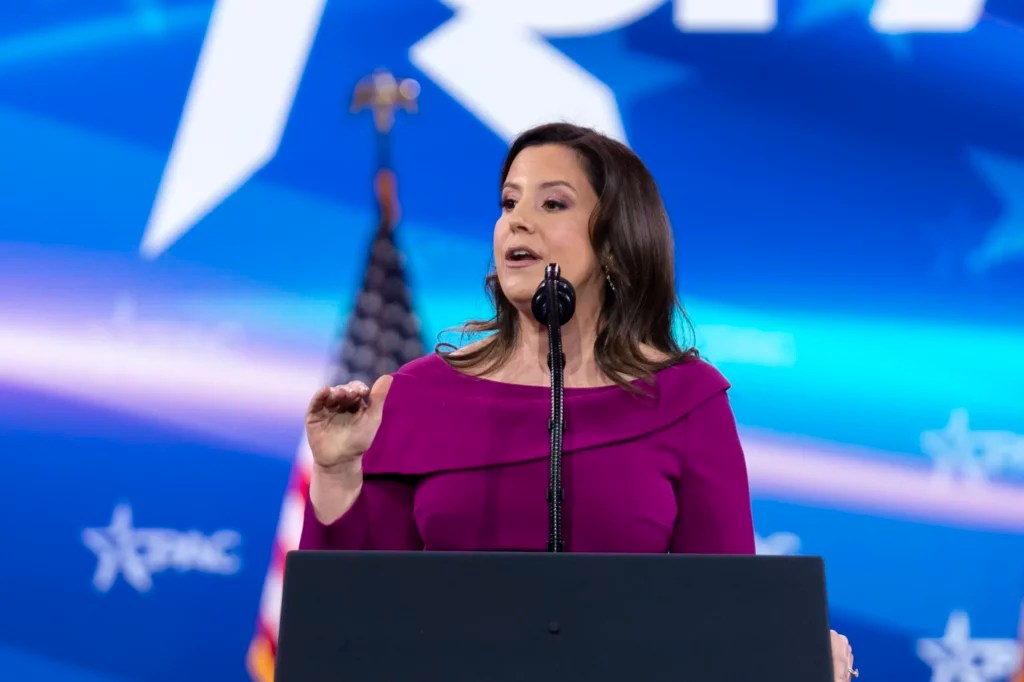Five takeaways from the House Republicans’ debt ceiling offer
House Speaker Kevin McCarthy (R-CA) fired an opening shot Tuesday in the coming battle between GOP lawmakers and President Joe Biden over raising the debt ceiling.
In a letter to Biden, McCarthy laid out the basics of what House Republicans want in exchange for voting to raise the nation’s borrowing limit.
The White House denies McCarthy’s budget negotiation request: ‘stop playing games’
So far, the White House has shown no interest in engaging with Republicans on the issue.
Here are five things to know about the GOP proposal:
Military funding is not a priority
McCarthy wrote in his letter that House Republicans are focused on “reducing excessive non-defense government spending,” but they did not mention cutting defense spending.
Some lawmakers have suggested eliminating bureaucratic layers at the Pentagon or reducing aid to Ukraine. Others believe Pentagon spending levels should stay untouched given the global challenges posed by countries like China and Russia.
The Pentagon received 15.1% of the federal budget in fiscal 2023, and while military support for Ukraine could emerge as a point of discussion, it does not seem to be a part of the current debt ceiling talks.
COVID-19 court battles
House Republicans want to reclaim unspent pandemic aid to bolster the government’s bottom line, McCarthy said.
It is unclear which tranche of COVID-19 funding Congress would target or how much lawmakers expect they could recover. Cities and states received $350 billion in pandemic relief money in 2021, and more than two years later, roughly 32% of that funding has yet to be allocated.
Schools also received pandemic aid in excess of what they needed, and while many have stepped up their spending ahead of the money’s September 2024 expiration date, they would need to spend their funds at a rate of about $5 billion per month until then to use up all the cash, according to Georgetown University’s Edunomics Lab.
The rules surrounding unspent pandemic aid that has already been budgeted could make it difficult for House lawmakers to reclaim funds, as cities, states, and schools could fight in court to hang on to money they have set aside.
Modest entitlement reform is being considered
Entitlement reforms will not be on the table during debt ceiling negotiations, but Republicans are considering more work requirements for individuals receiving government benefits, according to McCarthy’s letter.
Specifically, the proposal calls for stricter work requirements for individuals “without dependents who can work,” although it did not specify which benefits the plan would target.
Two dozen House Republicans recently backed a bill that would require long-term food-stamp recipients to find at least part-time work and close loopholes allowing states to waive work requirements for food stamps. The rules around unemployment insurance and government housing could also be tightened.
Putting pressure on Biden
McCarthy called out the president for refusing to negotiate and demanded that he discuss the Republican proposals. Democrats have said Republican threats not to raise the debt ceiling amount to “playing Russian roulette” with the U.S. economy.
Certain provisions in the Republican proposal are presented in bipartisan language, putting political pressure on Biden. For example, McCarthy suggested that the plan rely on Sen. Joe Manchin’s (D-WV) model for slowing discretionary spending, and recommended crafting work requirements in a manner similar to those passed under former President Bill Clinton., who was a Democrat. Manchin has proposed capping the annual growth of spending at 1% over the next decade, which he says could save $1 trillion.
There is still disagreement among Republicans
While McCarthy outlined the basics of the GOP proposal, there is still ambiguity and room for disagreement among Republican lawmakers. For example, setting the goal for spending cuts to reach “pre-inflationary” levels could mean different things to different people.
Rep. Chip Roy (R-TX) has said he wants to see spending revert to what it was in 2019, before the pandemic compelled the federal government to take on more expenses, while others have suggested keeping 2024 spending levels at 2022 levels.
The Republicans’ offer is far from a done deal, and there will undoubtedly be additional twists and turns as Congress deals with the debt ceiling issue in the coming weeks.
" Conservative News Daily does not always share or support the views and opinions expressed here; they are just those of the writer."
*As an Amazon Associate I earn from qualifying purchases





Now loading...